

(Paulo Pinto
Alti Wine Exchange founding member)
Just the other day, I spoke with Jan Klein, the owner of Staffelter Hof – the oldest active winery in the world –, to let him know about the state of the IBO of the fantastic Riesling Beerenauslese Kröv Steffensberg 2007 at Alti Wine Exchange. The news, I am happy to say, were very good: all the bottles had been placed.
If you are reading this without having placed your order in time, you can now go to our marketplace to make a bid for a bottle from our lucky customers who got their hands on it first.
There are more promising news coming very soon. We will let you know firsthand.
***
Lately, I have been talking about the need for a new Central Bank of Social Security now that the economy is largely shut down. You can read recent articles I wrote on this subject here and here.
When something bad happens, other bad things come along. That is why we say “when it rains, it pours”.
Well, the covid-19 global shutdown is really bad. And it is even more sobering to economy and finances because it exposes more than it meets the eye.
Central Banks have put themselves into a corner as a result of their policies, pushing short-term and long-term real and nominal interest rates as low as possible due to the large amount of debt.
Meanwhile, fears keep arising when the wealth created in the economy is insufficient to the collateralized lending leverage, meaning more collateral to secure further loans. This is when this system exhausts.
Does 2008 ring you a bell?
***
***
Politicians still call our current system capitalism, but in reality what has been happening is just creditism – because there is not enough capital, and you as consumer have no way to know how risky is your financial product.
The truth is: year after year, laws and regulations have been added to the financial system. Unfortunately, as we have been seeing in the coronavirus pandemic, all the rules to comply with are not changing the main issues at stake. The aftermath of the 2008 crisis has shown this.
It is the system that needs to be changed.
As some of you already know, I propose a new Central Bank of Social Security and a new banking system working on 100% reserves. That’s why I want to show you how and why this idea can deal with some very pressing matters:
What economic problems are we trying to solve?
1. Address inequality, poverty and economic hardship
Social Security Administration needs a minimum of 2,8 workers paying into the system for every one retiree collecting benefits. This requires a steady working population growth to support the previous generation.
This is already an issue. Facing a robotic and AI boom, it means we will have also many unemployed, and since we have a steady population growth, we will have a double whammy problem. In the US Social Security estimates, its trust funds will run out of money in 2035 (this was a calculation before the virus crisis).
2. Be less at the mercy of a system that raises debt and raises taxes
Western healthcare systems are based on faulty assumptions that working population will continue to grow when we have evidence that entire professions will be replaced by robots and AI. Autopilot driving comes to mind.
Because governments are desperately trying to save social security and pension programs, the result is higher taxes and less and less profitability in companies, because of the higher taxes and pension responsibilities.
A new Central Bank of Social Security will save on taxes with no downside and those savings will free and compound the growth of the economy.

Building a sound strategy for your resources in the face of inflation and worsening living standards has become more crucial than ever
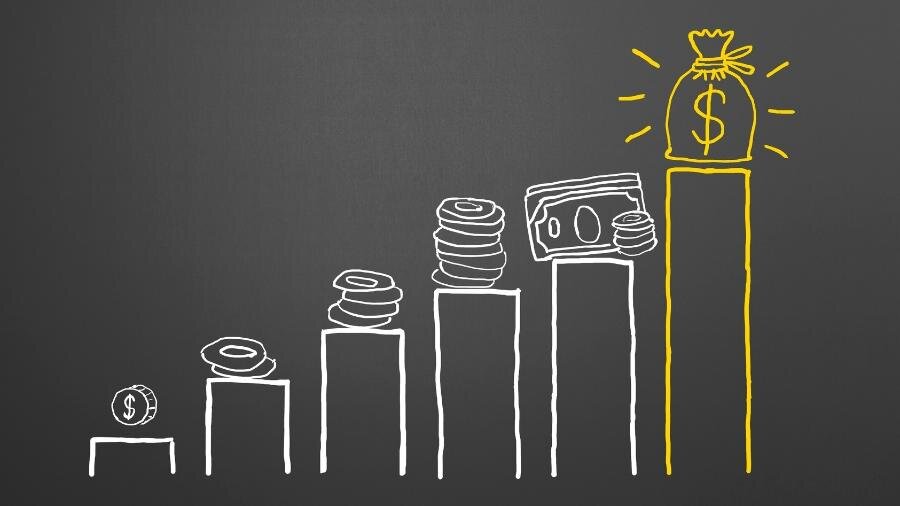



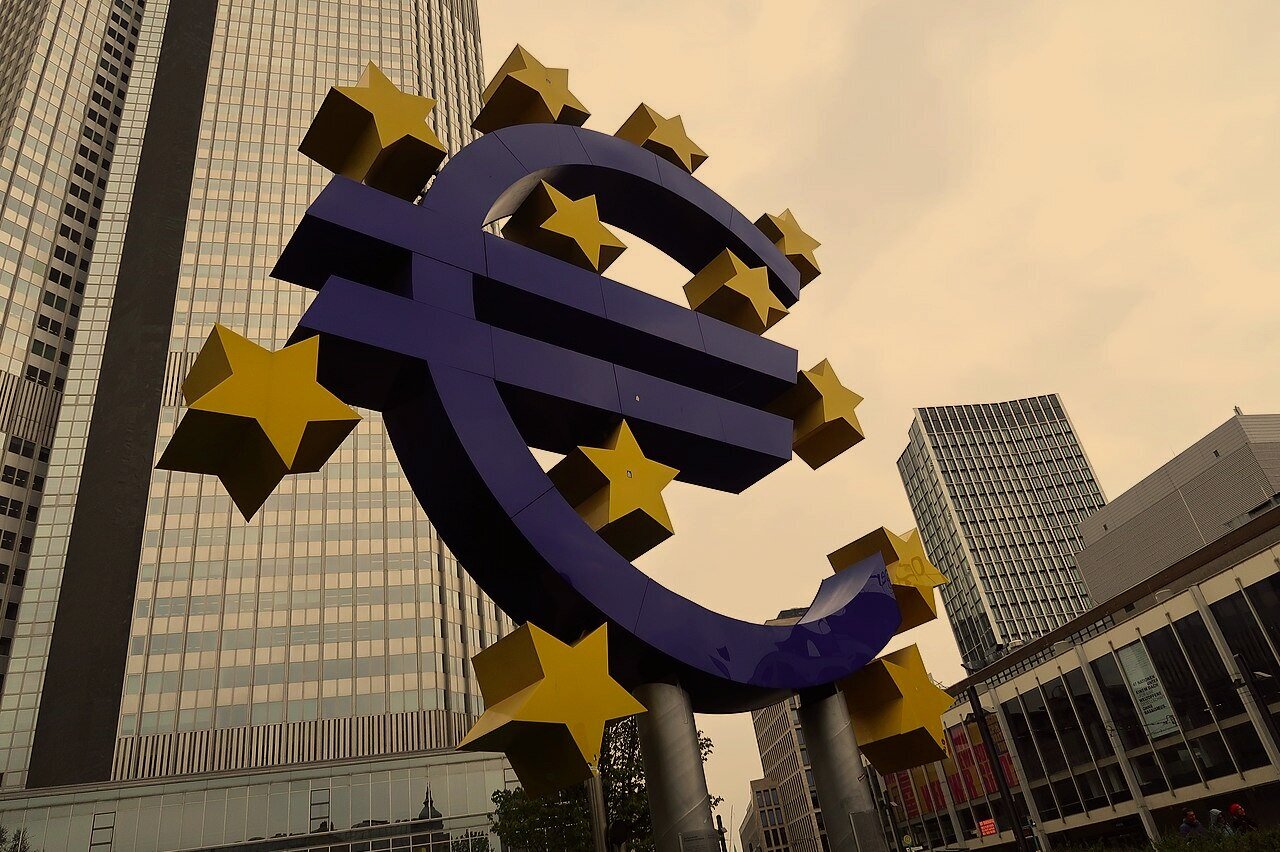
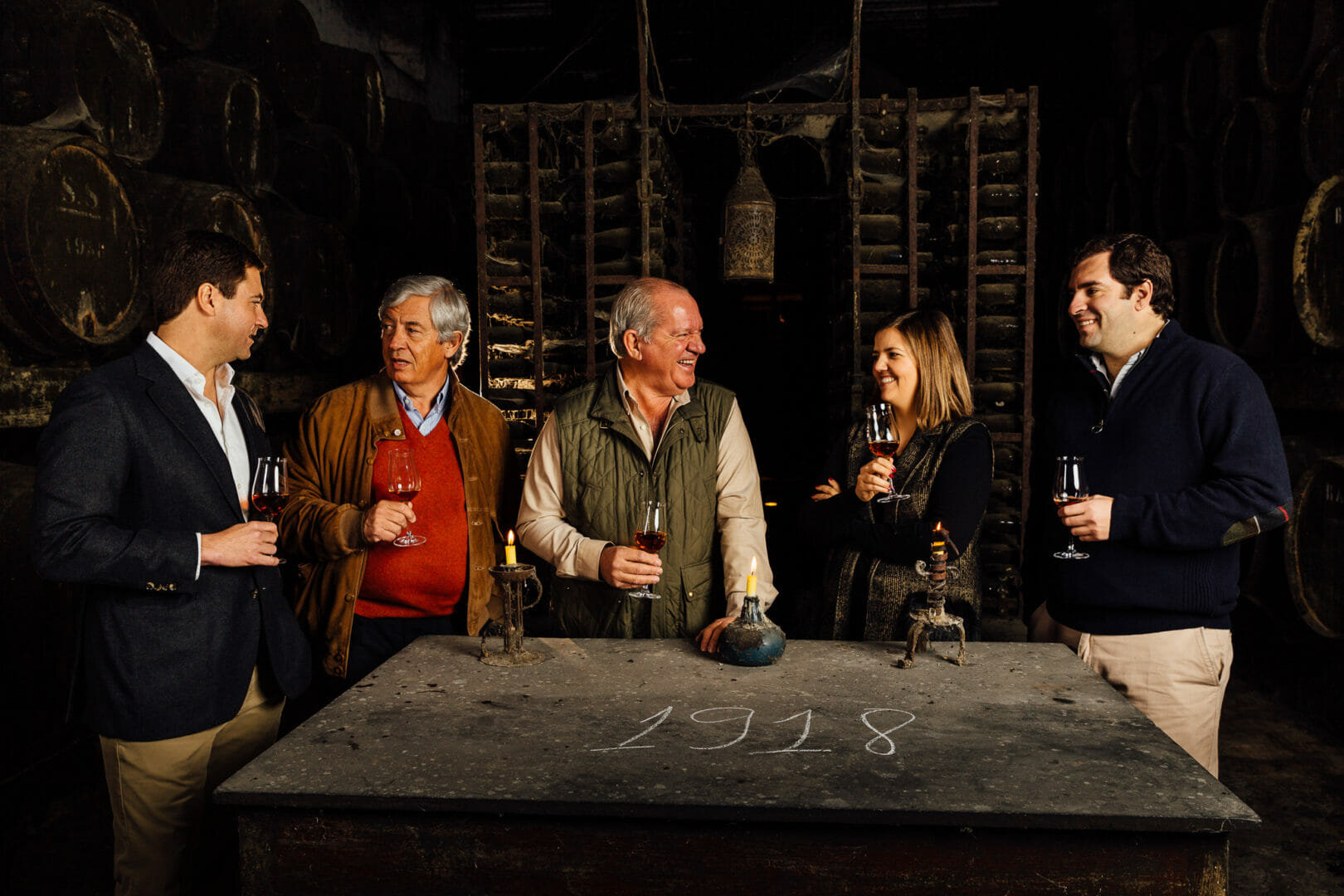
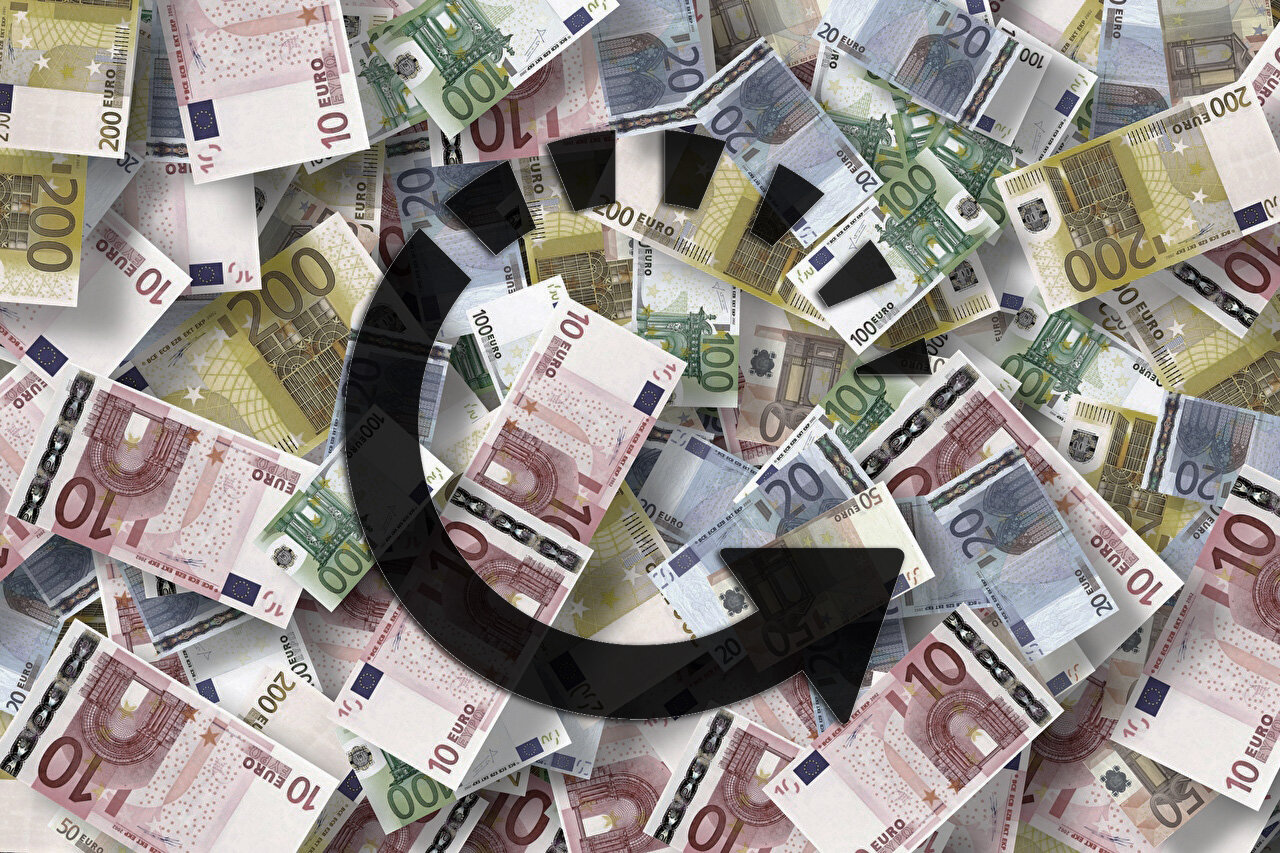





3. Protection against inflation
Social Security trust funds are mainly in public debt, meaning they depend on the solvability of the country – now depending on the fact that Central Banks are buying back the debt by printing money. This process called monetizing is inflationary.
The way the system is going it will end up with a nationalization of the economy, including pensions and the money sitting in the retirement accounts.
By creating a New Central Bank of Social Security, we can avoid the final collapse brought by the credit expansion of the current system, because the new Central Bank of Social Security would be the only entity that can issue money.
4. Create a freer economy with a banking system working on 100% reserves
There is a myth that banks are currently sitting on excess reserves, and they need to be motivated to lend money. The problem is qualified borrowers and collateral. Banks now create money when they lend. With the new system, banks can lend after they convince people to deposit. Banks will have to operate in private credit markets in order to eliminate crony banks. Healthy banks will need to take risks in the market and bad credit needs to default. This is the only way for economies to have a chance of beginning a new phase of growth.
5. Less financialization, less debt, more capital
The job of current Central Banks is to prevent disorderly collapse of banks by offering them easier and easier access to funding, and the result is fewer private sector loans and more bonds.
To quote the famous Austrian economist Ludwig Von Mises: “There is no means of avoiding the final collapse of a boom brought about by credit expansion.”
Central Banks are designed to be perpetual debt machines.
6. Universal basic income for things you need – not for things you want
There is plenty of money now, but in the wrong hands: the current central banks. This proposal for a new Central Bank of Social Security is not another way to demonize the rich. A minority of the population possesses the most valuable skills. As a result, that same minority earns a majority of the wealth.
Not all football players are Ronaldo or Messi. Most have names nobody can remember.
Guaranteeing a universal basic income guarantees equal opportunities and frees the economy because it will guarantee the basic income anyone needs to survive and make plans for life. This will replace all other subsidies in place and will be funded by the new Central Bank.
What new behaviours would we like to enable?
-
Promote entrepreneurship and knowledge
-
Eliminate the false concept and perception that everything is guaranteed and replace it by risk and choices
-
Encourage a new education
-
Less government
In the meantime, while nothing changes, prices of fine and rare wine will continue to go up, because of inflation and money being debased by Central Banks with printed money.
As our regular readers know, we have put some of our money into investing fine and rare wine, because we believe money is safer in real assets and the worst is still ahead.
Until next time.
Paulo

Building a sound strategy for your resources in the face of inflation and worsening living standards has become more crucial than ever

It is easy to have quick options to manage your cellar; acquaint with oenophiles; compare prices and vintages; develop tasting profiles; meet new wine styles; buy bottles and find pairings.

Catastrophic freezing affected vineyards in most of France, with nearly lost harvests adding up to the pandemic and tariffs that producers already face

The Alti Wine Club is thrilled to offer exclusive releases by a global symbol of winemaking tradition and excellence that goes so much beyond Bordeaux
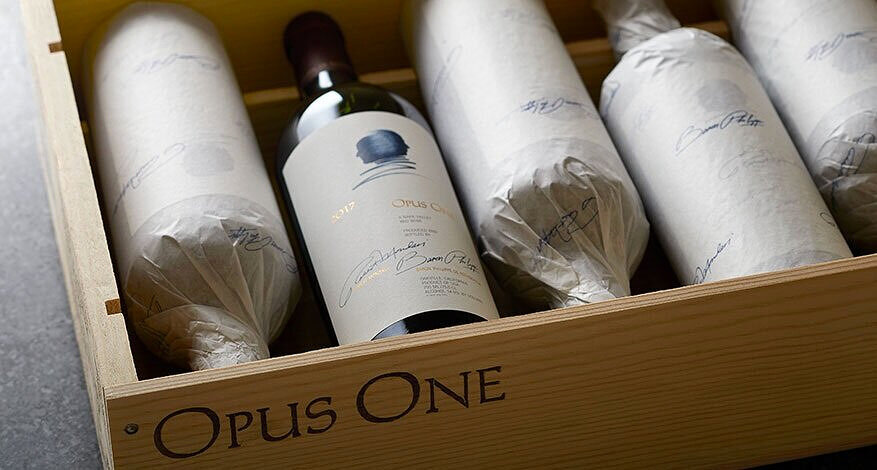
Amidst lockdowns, disrupted supply chains and economic concerns, online investment with full safety opens new possibilities for investors and collectors

Away from falsely reassuring economic news, seeking alternative financial strategies is inevitable in the face of low interest rates and looming inflation

Rosé has been long dismissed as an inferior wine or mistaken for a red-white mixture. It’s terribly wrong. Meet its styles, grapes and winemaking techniques.

As winter comes to its end, a season of warming temperatures meets fresh, delicate scents. Flower aromas happen in different wines too. Try them!

Known especially for the 1976 Judgment of Paris, the English wine merchant, writer and vintner enjoyed a lifetime of devotion to tasting and expanding knowledge
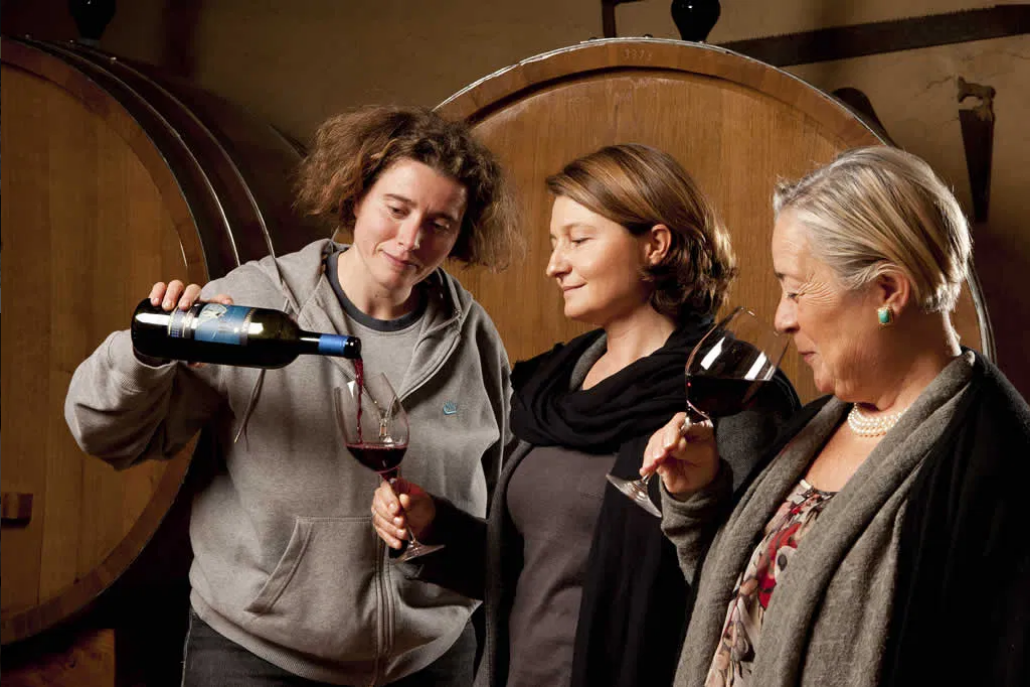
While highlighting the work of female pioneers, winemakers, producers, writers and sommelières, we call for more efforts towards equality and women in leading roles
